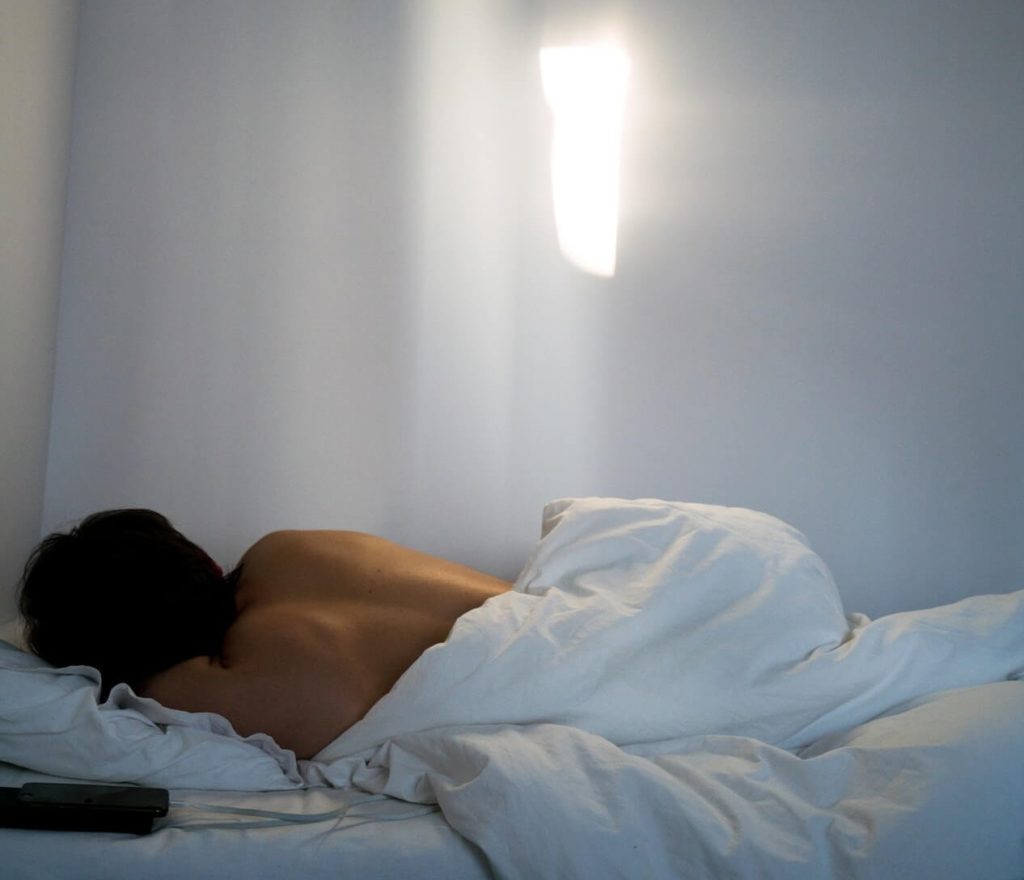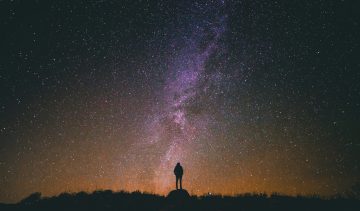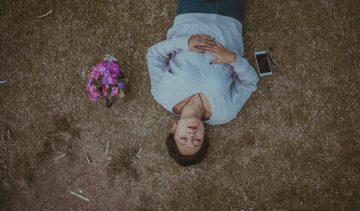Sleep: the basic necessity of human life. We all need a good night’s sleep to function properly the next day. Still, to most people this isn’t so obvious. Many are unaware of the value of sleep and what sleep deprivation does to your body. Research has shown that too little sleep (sleep deprivation) has negative consequences for both your mental and physical health. In this article you can read more about these consequences, how sleep problems are related to depressive symptoms, why a good night’s sleep is important and what you can pay attention to before you go to bed.
Physical health
“The shorter you sleep, the shorter your life”. Several studies have found that heart disease, obesity, dementia, diabetes and cancer are all linked to sleep deprivation. In addition, sleep deprivation also influences cognitive processes: your concentration can decrease and so can your coordination and problem-solving capacity. This has many consequences; for example when you get into the car tired. Natural sleep is one of the most powerful immune system boosters, helping to ward off infection. So you can see how much influence sleep has on your physical health.
Mental health
Something else that is greatly affected by sleep, is your mental health. Sleep deprivation appears to be a contributing factor in the maintenance of various psychiatric disorders. Think of anxiety disorders, schizophrenia or manic depression, for example. Sleep deprivation also appears to be linked to aggression, behavioral problems and sensitivity to addictive substances.
Depression
Another common mental illness with a strong link to sleep is major depressive disorder. When you suffer from depressive symptoms, you probably recognize it: you feel tired all day long, but the moment you get into bed, you just can’t manage to fall asleep. Problems with sleeping appear to be related to depressive symptoms. However, it is unclear which direction this relationship is going; does depression cause sleep problems? Or do sleep problems lead to depression?
Serotonin
People who suffer from depression often have trouble falling asleep, wake up prematurely or lie awake for hours at night because they worry. During our deep sleep, our serotonin system is restored. Serotonin is our happiness hormone and is responsible for our mood. If you do not have a good night’s sleep and this system is not properly restored, not enough serotonin is released. This can lead to complaints of fatigue and sadness the following day. For example, several studies on young adults have found a link between sleep deprivation and suicidal thoughts, suicide attempts and ultimately their completion.
Tips for sleeping problems
Do you recognize the problems with sleeping and sadness mentioned above? Would you like to change this? Below you will find a number of tips that you can pay attention to from now on:
-
Coffee
A lot of people think that a cup of coffee a few hours before going to sleep won’t hurt. However, what many don’t know, is that it takes a long time to get caffeine out of your system and that this negatively affects your sleep. Also be aware that decaffeinated coffee doesn’t mean it has no caffeine at all, just less! A cup of decaf can also have an effect on your night’s sleep. So, make sure you stop drinking coffee by the end of the afternoon.
-
Sleeping pills
Sometimes, people that suffer from sleeping problems use sleep medication to promote their sleep. Taking sleep medication can be very dangerous; no sleeping pill induces natural sleep. Self-righteous melatonin can actually further disrupt the sleep rhythm. The quality of your sleep is also reduced, making you feel drowsy the next day. So be careful when using sleeping pills.
-
Alcohol
Another general idea is that alcohol makes you fall asleep earlier and makes you sleep very soundly during the night. Nothing could be further from the truth; research has shown that drinking alcohol unconsciously makes you wake up more often! Your REM sleep is also suppressed, the sleep phase in which you dream.
-
Artificial light
Since the invention of artificial light, our brain has been confused and made to believe that the sun hasn’t set yet. This slows down the release of melatonin in your brain, our biological signaling that it is time to go to bed. Because less melatonin is produced, you will fall asleep less quickly, but the quality of your sleep will also deteriorate. This makes you feel less fit the next day. With the introduction of LED lighting (blue light), the situation has only worsened. While we’re all scrolling on our laptops, telephones or iPads in the evening, we stare right into the LED lighting, which suppresses the release of melatonin. So make sure that you don’t use your phone or watch television right before you go to bed!
NiceDay app
You have now read how sleep affects your health and what the unpleasant consequences of sleep deprivation can be. You have also read about the things you could pay more attention to, before getting into bed. Another thing you can do is to keep track of what you do or drink before you go to bed, and the effect this has on the quality of your sleep and your mood the next day. You can use a registration form in the NiceDay app to do this. In my next article, I will give you more tips for getting a healthy night’s sleep, so that you can start using our body’s best medicine: sleep!











